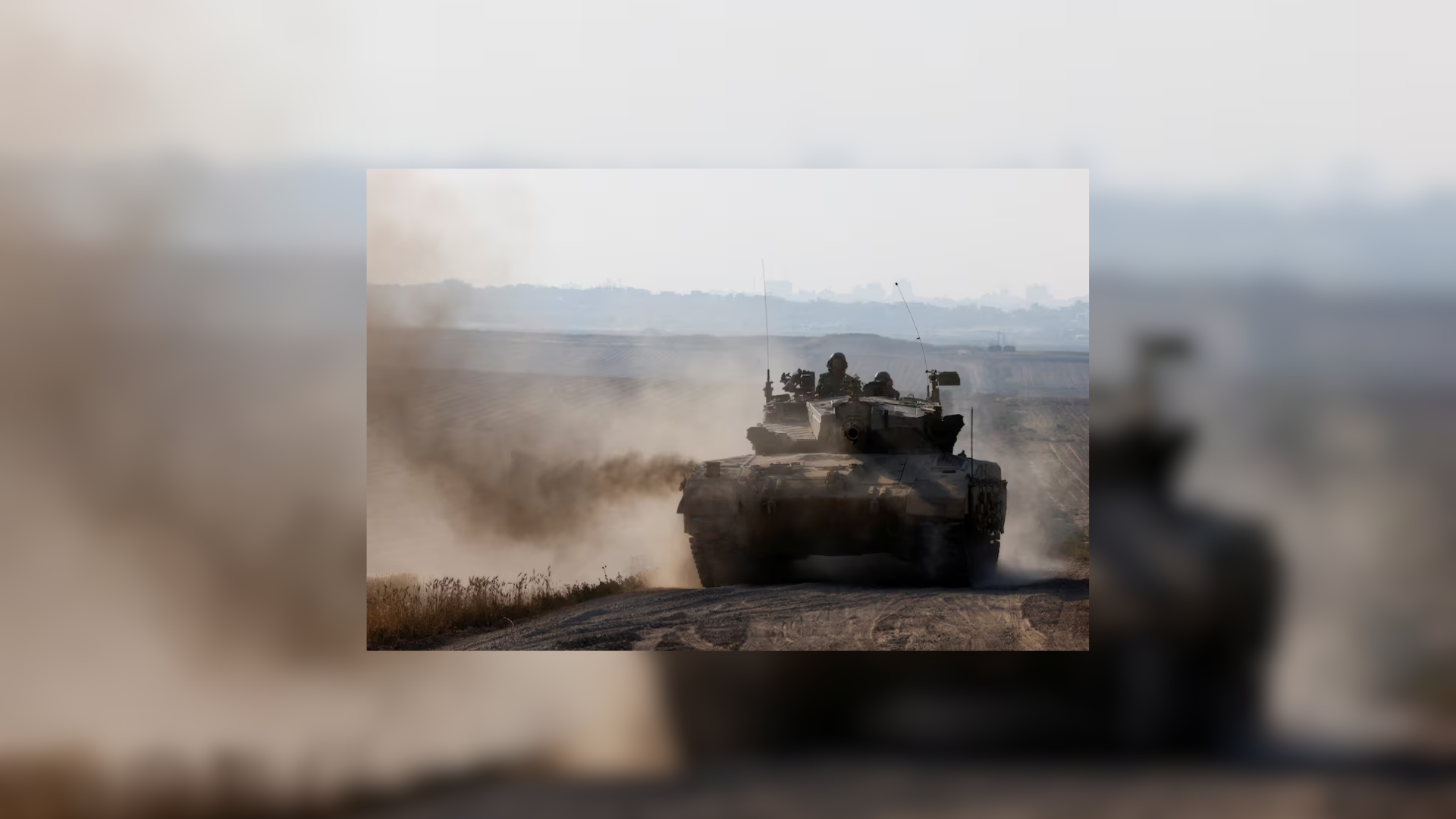Israel is facing increasing international pressure to agree to a ceasefire as the conflict with Hamas continues. The United States, Israel’s top ally and arms supplier, is among those urging for a cessation of hostilities.
Hamas has indicated that it is considering a proposal for a truce and a prisoner swap after talks in Cairo. The proposed deal includes a six-week ceasefire and the release of Israeli women and child hostages in exchange for up to 900 Palestinian prisoners.
This proposal also includes the return of displaced Palestinian civilians to northern Gaza and the delivery of daily food aid to alleviate the dire humanitarian situation. The United Nations has warned of an imminent famine in the region.
Meanwhile, Israeli Prime Minister Benjamin Netanyahu has stated that a date has been set for sending troops into Gaza’s far-southern Rafah city. He emphasized the need for this operation, stating that “victory” over Hamas requires action in Rafah, where a significant population has sought shelter.
However, the prospect of an invasion in Rafah has raised concerns among world leaders and humanitarian organizations. The US State Department reiterated that such an invasion would have a severe impact on civilians and could jeopardize Israeli security.
The conflict, which began with a Hamas attack on Israel, has resulted in significant casualties on both sides. The health ministry in Hamas-ruled Gaza reported at least 38 more casualties, while Israeli figures show the deaths of 1,170 people, mostly civilians.
The situation remains tense, with ongoing airstrikes and artillery fire in various parts of Gaza. Negotiations for a ceasefire are ongoing in Cairo, with mediators from the US, Qatar, and Egypt involved. The US President Joe Biden has dispatched CIA chief Bill Burns to the talks, emphasizing the need for a halt to the fighting and steps to protect Gaza civilians.
Despite the challenges and ongoing fighting, there are hopes for progress in the negotiations. Egyptian sources have reported significant progress on several points of agreement, indicating that the Qatari and Hamas delegations may return to finalize the terms.
Israeli Defence Minister Yoav Gallant expressed optimism about the possibility of a deal with Hamas, citing the pressure on Hamas and Israel’s position of strength in the conflict. Israeli opposition leader Yair Lapid, during a visit to Washington, also mentioned that while a hostage deal would be difficult, it is feasible and should be pursued.
The conflict has had devastating effects on Gaza’s population, with shortages of water, food, and basic supplies due to the siege. Humanitarian organizations have accused Israel of blocking aid, while Israel has cited difficulties in aid distribution.
Efforts to identify and address the humanitarian crisis in Gaza continue, with temporary aid deliveries permitted by Israel. Calls to halt arms shipments to Israel have also increased, with Nicaragua arguing before the International Court of Justice that Germany’s weapons supply to Israel violates the UN Genocide Convention.
The situation remains fluid, with ongoing negotiations and international pressure for a ceasefire and humanitarian relief in Gaza.























